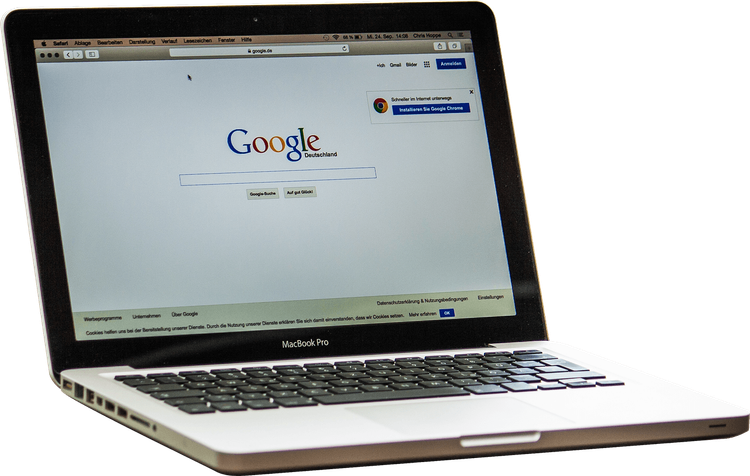OpenAI Forms New Team to Tackle Core Technical Challenges of Controlling Superintelligent AI
Most people like

Transform Your Social Media Videos with AI-Powered FaceSwap Technology
Unlock the power of AI by seamlessly swapping faces in your social media videos. Enhance your content and engage your audience like never before with our innovative FaceSwap tool. Discover how easy it is to create shareable, entertaining videos that capture attention and boost interactions across platforms.

Flair is an innovative AI tool designed to streamline and enhance the customization of product photography. This powerful solution makes it easier for businesses to create stunning, tailored images that captivate their audience and boost their online presence.

Effortlessly create high-quality videos with our AI video generator. Transform your ideas into stunning visual content in no time!

In an increasingly digital world, students are faced with unique challenges in their academic journey. Our AI-powered homework assistance platform is designed to provide timely and effective support, helping learners tackle difficult subjects and improve their understanding. By harnessing advanced algorithms and intelligent resources, we empower students to achieve academic success with confidence. Whether you're struggling with math, science, or literature, our platform offers personalized guidance tailored to your needs, ensuring that you never study alone. Embrace the future of education with our cutting-edge solution!
Find AI tools in YBX



